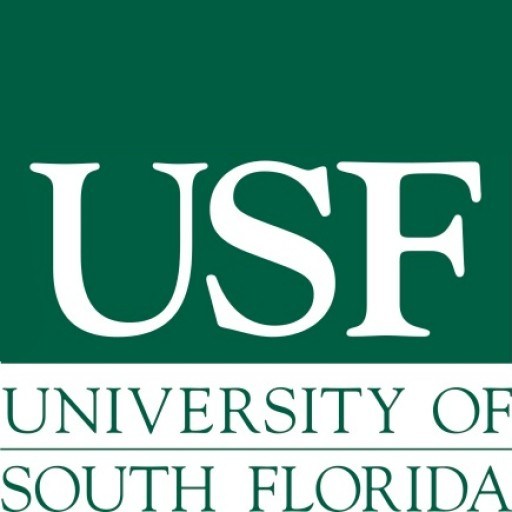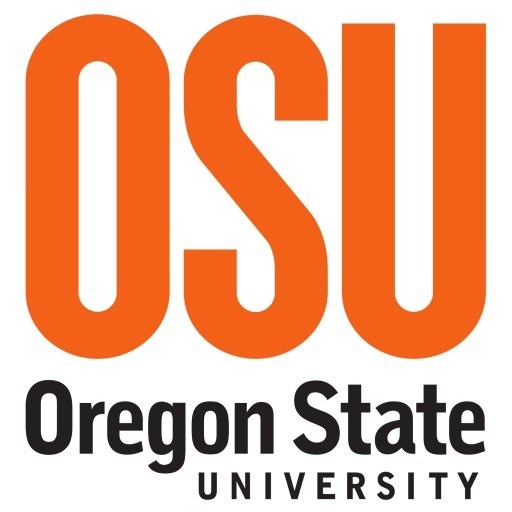Photos of university / #manmetuni
The Bachelor of Engineering (BEng) in Mechanical Engineering at Manchester Metropolitan University offers students a comprehensive and rigorous education in the field of mechanical design, analysis, and manufacturing. This programme is designed to equip students with the core engineering principles and practical skills necessary to excel in the rapidly evolving engineering industry. Throughout the course, students will gain a solid foundation in mathematics, physics, and engineering science, enabling them to understand and solve complex engineering problems involving mechanics, thermodynamics, fluid dynamics, and materials. The curriculum combines theoretical knowledge with hands-on practical experience, including laboratory work, design projects, and industry placements, which enhances employability and prepares graduates for diverse careers in sectors such as automotive, aerospace, manufacturing, energy, and robotics. Manchester Metropolitan University’s state-of-the-art facilities and industry partnerships provide students with opportunities to work on real-world projects, fostering innovation and critical thinking. The programme encourages the development of key professional skills such as teamwork, communication, and project management, essential for leadership roles in engineering. Additionally, students have access to expert lecturers and a supportive learning environment that promotes academic excellence and personal development. Graduates of this BEng programme can pursue further studies, such as a master's degree in engineering or related disciplines, or enter the workforce directly as mechanical engineers, design engineers, manufacturing engineers, or in related technical roles. The course is accredited by professional bodies, ensuring that students gain recognition for their qualifications worldwide. Overall, this programme offers a challenging and stimulating education that prepares students to contribute innovatively to the engineering sector and make a positive impact on society through sustainable engineering solutions.
Detailed Course Facts
Application deadline We're happy to accept students right up to when our courses begin, as long as there are places available Tuition fee- GBP 12500 Year (EEA)
- GBP 12500 Year (Non-EEA)
Tuition fees do not include:
- text books - an additional charge in the region of £180 per academic course of 3 term programmes, or £240 per academic course of 4 term programmes ;
- lab fee - an additional charge of £350 per year to cover the use of laboratory facilities ;
- enrolment fee - an additional charge of £150 per academic programme (to be charged upon confirmation)
- English
Course Content
You will study the following modules:
English for Academic Purposes and Study Skills
- Improve and develop your skills in academic reading, writing, listening and speaking. By doing practical tasks you will develop the skills to read and interpret academic texts and write academic assignments.
ICT
- The Information Communication Technologies module will teach you how to use word processing, spreadsheets and databases in preparing assignments and presentations, as well as using the Internet, e-mail and virtual learning environment (VLE) software to support your learning.
You will choose three of the following modules:
Biology
- This module takes an evolutionary approach to biology and considers different levels of organisation in living systems. You will study life processes showing fundamental similarities between living things.
Chemistry
- This module builds on the fundamental principles of general chemistry to develop concepts of physical, inorganic and organic chemistry. You will develop an appreciation of the social, environmental, economic and technological impact of chemistry on the community.
Physics
- A wide variety of topics are included of particular relevance to students wishing to pursue a degree in an engineering-related field.
Mathematics
- In Part 1 of this module, you will develop a methodical approach to problem solving using mathematical techniques and theory. Part 2 develops mathematical topics that can be applied to the world of science and technology including calculator-based and computer-assisted activities, computer-algebra, data handling exercises and MS Excel.
Further Mathematics
- This module is intended for more expert mathematicians and extends into a wide variety of more complex areas of mathematics.
How will I be assessed?
Progress is monitored by continuous assessment of coursework and by the use of class tests. The final grade for each unit is based on a mixture of coursework and end-of-course examinations. Successful students will achieve grades A*, A, B, C or D for each of the four units.
Basic information will be delivered in lectures, while the individuals' understanding of the subject and their ability to utilise the information will be supported by tutorial work and by extensive e-learning provision - which will also enhance the presentational style of lectures.
Assessment will be by:
- coursework (prepared assignments, unit tests, experimental reports, computer use)
- mid-course and end-of-course examinations.
Audience
If you have completed secondary school education in your home country, the International Foundation programme provides academic preparation for first year entry and ensures that you meet the minimum English language requirement for entry to your chosen undergraduate degree programme. In some circumstances you may be able to enrol on the Foundation programme in order to change your specialist subject.
Requirements
Academic requirements:
You need to have completed 12 years of schooling (or the local equivalent to meet the same standard) with good grades.
For information about country-specific entry requirements please contact us
English requirements:
Four term programme: IELTS 4.5 (with a minimum of 4.5 in writing) or equivalent.
Three term programme: IELTS 5.0 (with a minimum of 5.0 in writing) or equivalent.
We can also accept Pearson (PTE). Please contact us for further details.
Students who do not meet the minimum English language requirements should apply for English for University Study.
Age: 17 years and above
Work Experience
No work experience is required.
Related Scholarships*
- Academic Excellence Scholarship
"The Academic Excellence Scholarship can provide up to a 50 % reduction in tuition per semester. These scholarships will be renewed if the student maintains superior academic performance during each semester of their 3-year Bachelor programme. The scholarship will be directly applied to the student’s tuition fees."
- Access Bursary
Bursary for UK students all subjects where the variable tuition fee rate is payable.
- Alumni Bursary
Alumni Bursary for UK Undergraduate students
* The scholarships shown on this page are suggestions first and foremost. They could be offered by other organisations than Manchester Metropolitan University.
Funding
Scholarships
High achievement is important to INTO and its students. We reward the academic success of the best students and in 2010 gave over £1m in scholarships that helped fund their studies.
If you have a strong academic record you will have the opportunity to apply for an INTO scholarship. These recognise those that have worked hard to join us and have the potential to go on to study at the highest levels. Every study centre offers scholarships and each application is considered with great care.
The Bachelor of Engineering (BEng) in Mechanical Engineering at Manchester Metropolitan University offers students a comprehensive education that combines theoretical knowledge with practical skills essential for a career in the engineering industry. The program is designed to provide a solid foundation in core mechanical engineering principles, including thermodynamics, fluid mechanics, materials science, structures, and manufacturing processes. Students will also gain experience in engineering design, problem-solving, and project management, preparing them to meet the diverse challenges faced by modern engineers.
Throughout the course, students engage with a variety of modules that cover both the fundamental sciences and their application to mechanical systems. This blend of academics and hands-on learning is facilitated through laboratory work, design projects, and industry placements, enabling students to develop critical thinking and innovation skills. The program emphasizes sustainable engineering practices, encouraging students to consider environmental impacts and energy efficiency in their designs.
Manchester Metropolitan University collaborates closely with industry partners to ensure the curriculum remains relevant and up-to-date with current technological advancements. Students benefit from guest lectures, industry visits, and networking opportunities that enhance their understanding of real-world engineering environments. The university also provides state-of-the-art facilities, including well-equipped laboratories and workshops, allowing students to gain practical experience in manufacturing, materials testing, and prototype development.
Graduates of the Mechanical Engineering BEng program are well-prepared for employment in various sectors such as automotive, aerospace, energy, manufacturing, and consulting. They develop skills in technical writing, teamwork, and communication, which are vital for professional success. Many students also choose to pursue further studies or specialized postgraduate qualifications, building on the strong foundation provided by this undergraduate program.
The program is typically full-time and spans three years, with options for optional industrial placements that can extend the course duration, giving students valuable industry experience. Entry requirements generally include A-levels or equivalent qualifications, with specific grades in mathematics and physics being preferred. The course fosters a collaborative learning environment where students are encouraged to adopt innovative approaches and continually adapt to technological changes in the engineering field.
Overall, the Mechanical Engineering BEng at Manchester Metropolitan University aims to produce graduates who are competent, confident, and ready to contribute effectively to the engineering sector, equipped with up-to-date technical skills and a professional outlook aligned with the demands of the global industrial landscape.









